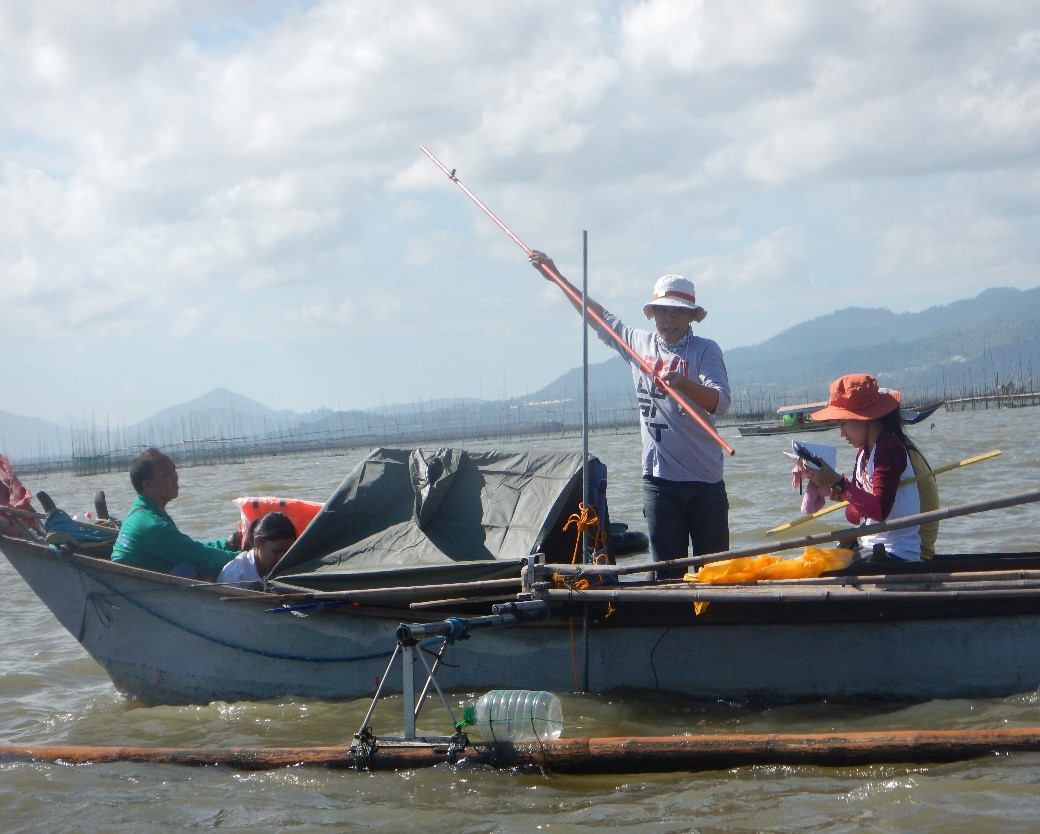Resources & Networks
To carry this out, SESAM need an interdisciplinary and active technical working committee whose main task is to direct the formulation and implementation of an environmental agenda of the university which cover instruction, research, development and extension.

The current SESAM Program Management Committee is limited in scope as it only focuses on the graduate programs in Environmental Science. With a clear environmental agenda, the core faculty of SESAM then shall serve as the main driving force to implement the environmental plan of the university in close collaboration with scientists/faculty members from different units. Together, SESAM can be a center of excellence for environmental science in the Philippines.
Meeting the environmental challenges requires a convergence of sciences to develop and employ new models and approaches to explore and understand environmental phenomena. UPLB has already led the country’s educational institutions in this direction in the past 30 years with UHP in 1976, PESAM in 1977, IESAM in 1987 and SESAM which was organized in 1997. It is a time for renewal of commitment to meet the winds of changes.
Institutional Linkages
SESAM maintains strong linkages with and draws strength from other units of the University. It also works with local and international networks for greater effectiveness in the delivery of its products and to pursue its multidisciplinary concerns. It initiated the formation of the Environmental Network of the Philippines (EENP), serving as its permanent secretariat. EENP is composed of state colleges, universities and NGOs which are strategically located in different regions of the country. In UPLB, SESAM offers the mechanism for integration of various disciplines in order to pursue a science that is specifically addressed at understanding the dynamics of environmental issues and generating a body of knowledge that can be used by relevant public, policy and decision makers. It can be a powerful mechanism to influence the mindsets of the public and the policy makers about the way we use and abuse our environment.


Information System and Publication (ISP)
SESAM maintains strong linkages with and draws strength from other units of the University. It also works with local and international networks for greater effectiveness in the delivery of its products and to pursue its multidisciplinary concerns.
It initiated the formation of the Environmental Network of the Philippines (EENP), serving as its permanent secretariat. EENP is composed of state colleges, universities and NGOs which are strategically located in different regions of the country.
In UPLB, SESAM offers the mechanism for integration of various disciplines in order to pursue a science that is specifically addressed at understanding the dynamics of environmental issues and generating a body of knowledge that can be used by relevant public, policy and decision makers. It can be a powerful mechanism to influence the mindsets of the public and the policy makers about the way we use and abuse our environment.
Library
The School’s library is open to UPLB students, faculty and staff, NGOs and GOs and SUCs. It houses up-to date references and materials on a wide array of topics related to environmental sciences. The library’s database is continuously being updated to facilitate locating files and other references. It is currently connected online and subscribing to a number of online publication.


Audio-Visual Unit
The audio-visual unit of the School caters to students, staff and faculty of SESAM and other Colleges. It has put up a database for existing audio and collection of film clips, photographs and environmental videos. It is equipped with audio-video capturing and editing facilities for students use. In addition, AVU also provides hands-on training on operation of audio-visual equipment, photography and videography. Other units of the university also avail of these services.
Journal of Environmental Science and Management
This is a refereed international journal that is produced semi-annually by the School of Environmental Science and Management. It features research articles, theoretical/conceptual papers, discussion papers, book reviews, and theses abstract on a wide range of environmental issues and topics. It welcomes local and foreign papers dealing on the following areas of specialization in environmental science and management: community-based resource management, environmental chemistry and toxicology, environmental restoration, social theory and environment, and environmental security and management. It is governed by an Editorial Board composed of appointed faculty members with one representative from each college in UPLB


The Analytical Laboratory
Modelling and Simulation Laboratory



